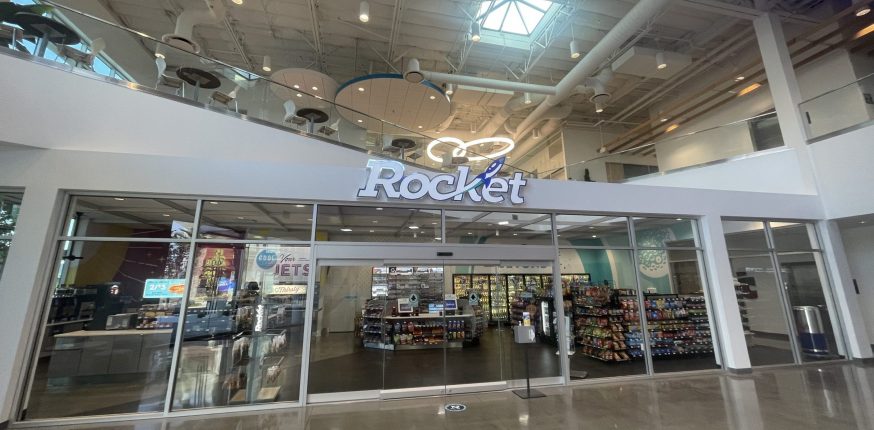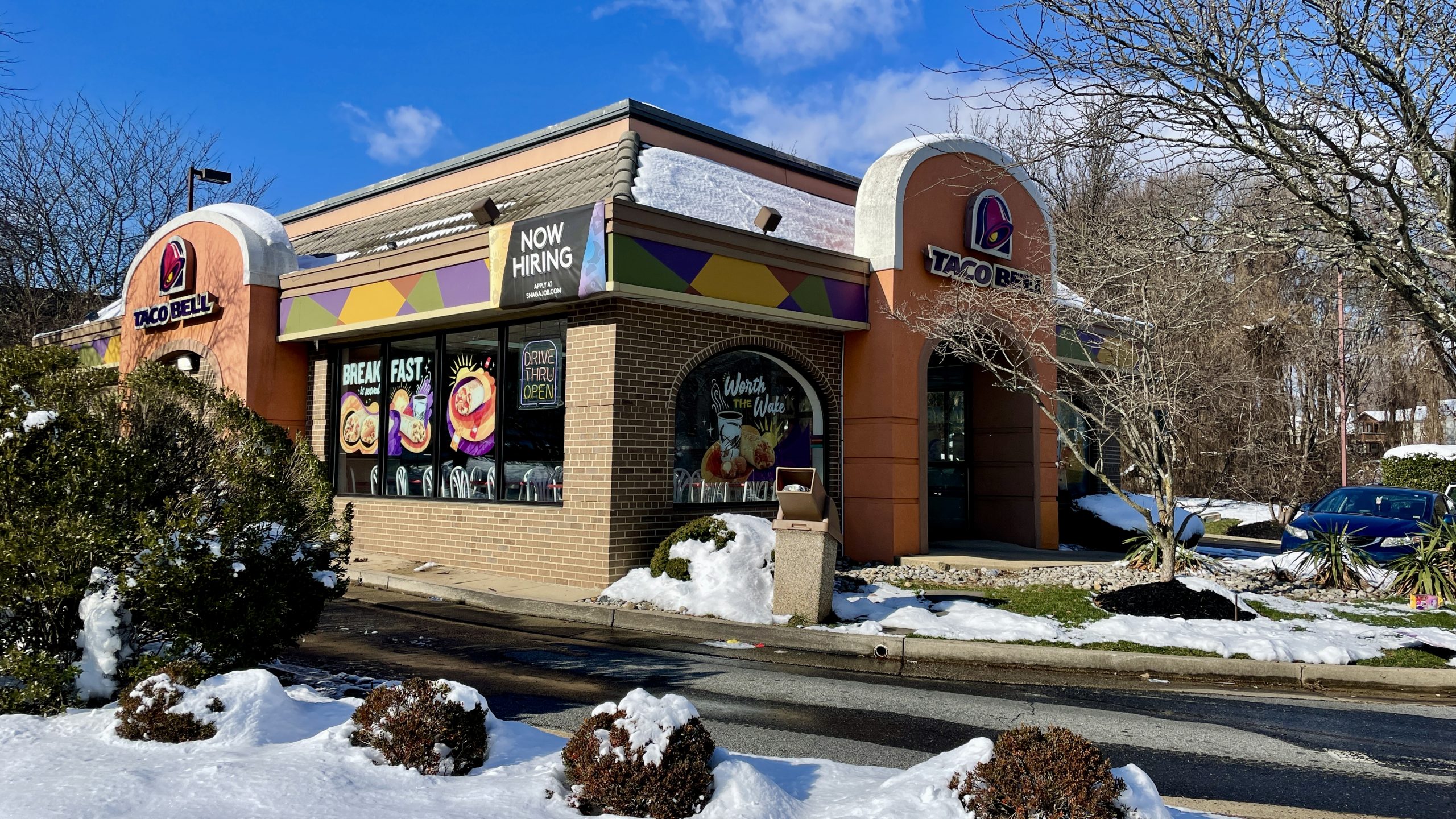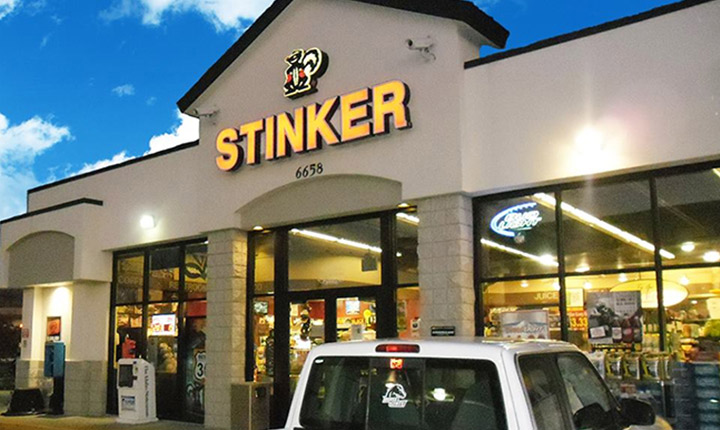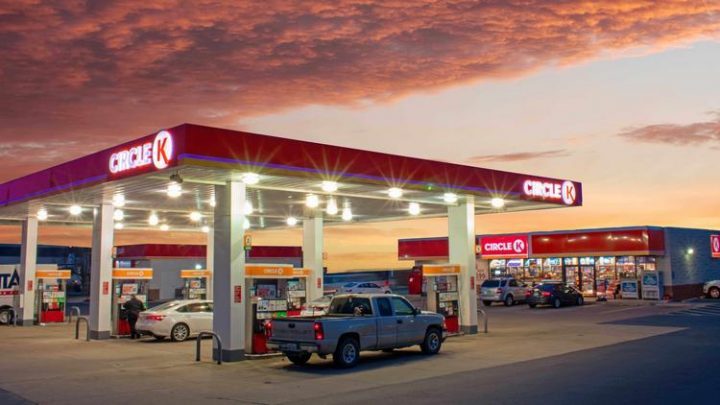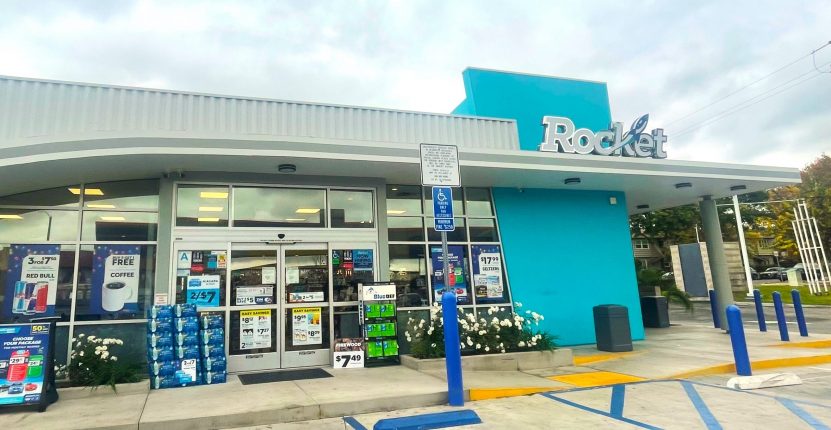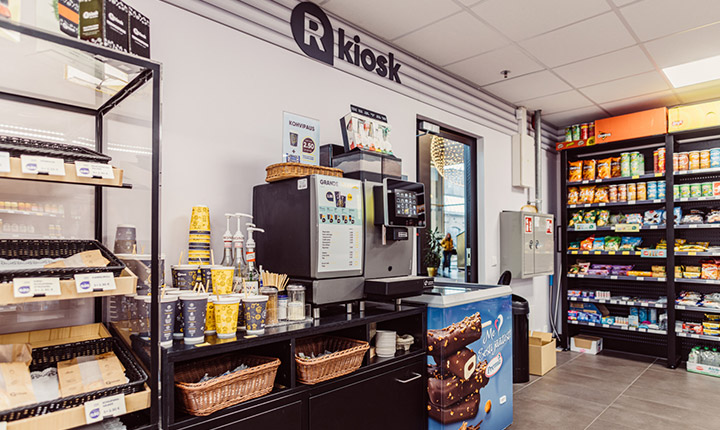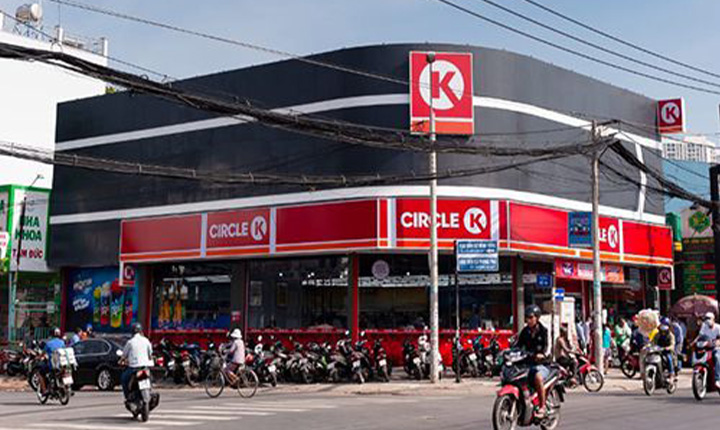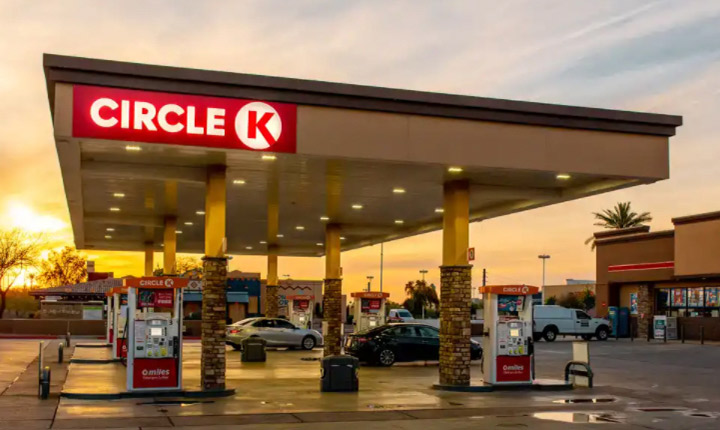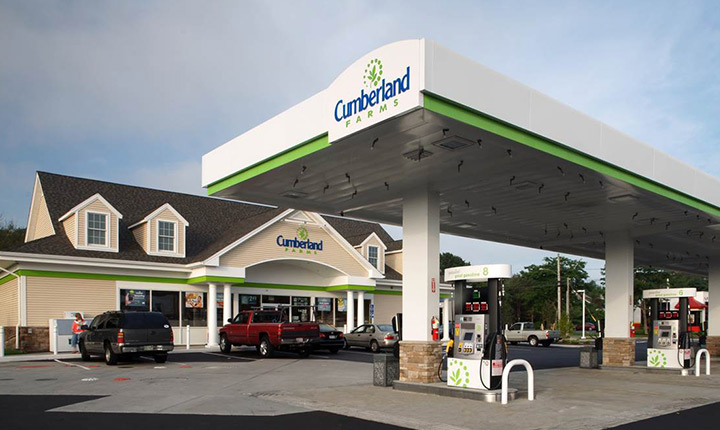The recent launch of our loyalty podcast here in Liquid Barcodes is proving an exciting way to share our love of loyalty in convenience retail with the increasing number of busy professionals who prefer to listen to our latest industry insights.
With usage in the UK alone now reaching over 6 million people a week, podcasting was recently described as “the hottest thing in broadcasting“, and yet the power, impact and potential for audio as a marketing tool is still surprisingly unknown. Learning to share content in ways that customers will consume will always be hugely challenging for brands, but leading industry thinkers such as Mindshare in its annual “Consumer Trends Report” are noticing how the simplicity and versatility of audio create an experience of “intimacy” that is simply not available in any other medium. In fact they are so convinced by the potential, the agency has launched a dedicated consulting service in London for clients specifically around voice and visual marketing.
With our industry increasingly focusing on creating emotional connections with customers, using voice-led media may well offer a unique and exciting format to connect with customers, so we’re exploring some exciting ideas and options that this largely un-tapped format offers for loyalty programmes specifically. We’ll discuss both the use of voice assistants to help accomplish specific tasks, as well as the latest voice-led communication options beyond podcasting that may offer exciting ways to capture consumer attention.
“there’s no denying that voice is the future…..search, advertising, content, and commerce are being impacted… consumers are talking, and it’s a good idea to listen.”
PWC – “Prepare for the Voice Revolution”
Voice Assistants:
A recent article described voice assistants such as Amazon’s Alexa, Apple’s Siri, Google Assistant and Microsoft’s Cortana as “the biggest interface revolution since the iPhone popularized the touchscreen”. A huge statement that caught my attention, particularly as I have never once consulted Siri with a query on my phone despite it being available for the last eight years. And perhaps I’m not the only one with PWC highlighting dramatically different levels of satisfaction with voice assistants on smartphones still underperforming for users with a “lack of understanding, reliability, and accuracy” – yet the opposite is proving true with a 93% satisfaction for smart speakers at home, described in glowing terms as helping people “feel organized… informed…. happy……smart….confident and free”.
The positive experience of these early adopters might explain why the use of smart speakers and voice assistants at home is exploding particularly in the United States where Amazon devices such as the Echo Dot and the new Echo Show (a smart speaker combining audio with video) command the greatest market share. In fact, sales of Amazon products featuring their Alexa voice assistant have now surpassed 100 million devices across forty-one countries.

Worldwide market share of the home smart speaker market – quarter 2 2019.
Audio Offers Speed and Simplicity.
For companies keen to embrace innovation and comfortable with the challenges of technology adoption, voice capabilities now extend way beyond their original functions which simply played podcasts or provided answers to basic questions such as weather and news. For example, the Alexa platform allows third parties to create “Alexa skills” which essentially work as voice-activated apps, and dramatically extend the usefulness of smart home assistant devices. Over 90,000 Alexa Skills have been launched in just the last three years, mainly led by health, wellness and baby care needs of American consumers at home.
Within the loyalty industry, Avios as the currency for the British Airways Executive Club was the first major UK loyalty programme to launch an Alexa Skill, allowing members to check their loyalty points balance by asking their assistant rather than the need to log in to a website by touching the screen or typing. Also within the International Airline Group, Iberia Airline has extended its own Alexa Skills capabilities to allow members of its Iberia Plus loyalty programme to check in for their flights via Alexa using just their voice so it will be exciting to hear how these innovative applications perform over time.

In our own industry focused on quick service food and convenience, voice assistants are being used to help customers order pizza and coffee with Domino’s, Pizza Hut, Papa John’s and Starbucks all embracing the new channel. We’ve previously written about Domino’s incredible digital approach with fifteen different ways to order – launching their Alexa Skill in the US in 2016, followed by the UK in 2017. The company is clear that adoption will take time, however they did report some early success with one in five UK customers who use the “easy ordering” option choosing Alexa as their preferred channel within just two months of launch.
Domino’s UK Campaign to launch ordering on Alexa.
Podcasts and Flash Briefings
Many brands are only beginning to understand the importance of audio in their content strategy. Podcasting itself is still relatively undeveloped, so when the investigative show “Serial” achieved record-breaking audiences exceeding 340 million downloads, brands finally began to take notice. Mailchimp, the innovative email marketing firm decided to capitalise on the show’s highly engaged audience and no doubt content marketers around the world in both B2C and B2B brands took note and are now busy considering how they can best use the power of story-telling and intuitive connection of the human voice to build their own brands.
Alongside longer-format audio such as podcasts, one other audio format that is catching our attention is simply known as flash briefings. These snippets are simply short-form audio clips, typically published daily and under one minute long, that subscribers opt in to as highly personalised content they want to be kept updated on.
The top flash briefings in the US are mainly news updates from global media brands such as the BBC and CNN as well as entertainment and short educational clips so it seems likely that B2C content around interesting loyalty offers and news would also appeal in time.
Things to Consider
One superb report from 2017 discusses in detail the opportunities and considerations for brands looking to leverage the power of voice to build their brands and businesses. With concerns around big data and powerful brands listening to consumers in their homes, the challenge for voice assistants is to earn consumer trust – a subject also discussed in a recent KPMG report on loyalty as the single most important factor in commanding customer loyalty. As with any marketing communications, as well as earning trust, the content must be relevant and engaging to listeners in order to earn their attention.
Three years ago in 2016, Microsoft CEO Satya Nadella announced his belief that “human language is the new user interface” and this is clear from the explosion of devices, platforms and formats we discussed above. Beyond the technology, the opportunity lies in the direct connection between people and their technology – moving beyond screens to something closer to conversation and the emotional connections and loyalty we are committed to creating.

About Us:
Liquid Barcodes is a leading global loyalty and digital marketing technology company specialized for the convenience store and foodservice industries. Our proprietary cloud-based technology platform allow retailers to create and manage their digital marketing campaigns with a proprietary process we call the “customer connection cycle’ to engage, promote and reward customers activities in real-time across digital and media channels.
How we do it:
We have developed the most advanced loyalty and digital marketing technology platform specifically for convenience store and foodservice retailers globally.
Retailers use our self-service dashboard to create and manage loyalty driven marketing campaigns that increase purchases with their existing customers, as well as effectively target and acquire new customers through partners or paid media channels.
One core component of live loyalty is gamification. We have gamified branding, loyalty and promotions. We believe this approach is essential in order to get customers’ attention and ultimately truly engage them with repeatable actions thereby winning their loyalty.
Check out some of our exciting/proven results here:
About Me:
Chief Content Officer, Liquid Barcodes and Independent Loyalty Consultant
With over twenty-five years marketing experience, I specialise in loyalty marketing consulting, managing consumer loyalty propositions, strategy and operations. In addition to working with Liquid Barcodes, my clients have included Telefonica O2, Three Mobile, Electric Ireland, Allied Irish Bank and The Entertainer, as well as Avios – the global points currency for some of the world’s top airlines. I am also a judge for the Loyalty Magazine Awards.
—————————————————————————————–


